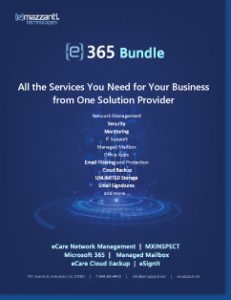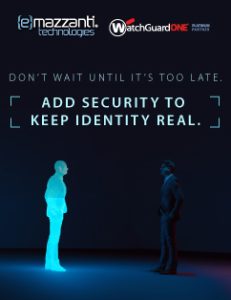|
What a Company Needs to Think about to Become Compliant Federal Statutes
The Health Insurance Portability and Accountability Act: The Sarbanes Oxley Act: Securities and Exchange Commission (SEC): What is required to be compliant? (a) Affirm their ultimate responsibility for the company”s internal financial controls in writing in their annual report;
|

Carl Mazzanti is Co-Founder and President of eMazzanti Technologies, Microsoft’s four time Partner of the Year and one of the premier IT consulting services for businesses throughout the New York metropolitan area and internationally. Carl and his company manage over 400 active accounts ranging from professional services firms to high-end global retailers.
eMazzanti is all about delivering powerful, efficient outsourced IT services, such as computer network management and troubleshooting, managed print, PCI DSS compliance, green computing, mobile workforce technology, information security, cloud computing, and business continuity and disaster recovery.
Carl Mazzanti is also a frequent business conference speaker and technology talk show guest and contributor at Microsoft-focused events, including frequent prominent roles at the Microsoft Inspire (Worldwide Partner Conference / WPC).
Carl, a serial Entrepreneur, gives back to the community through Entrepreneur teaching engagements at Georgetown University, the company’s ocean wildlife conservation effort, the Blue Project, and Tree Mazzanti.

 The Gramm-Leach-Bliley Act:
The Gramm-Leach-Bliley Act:










